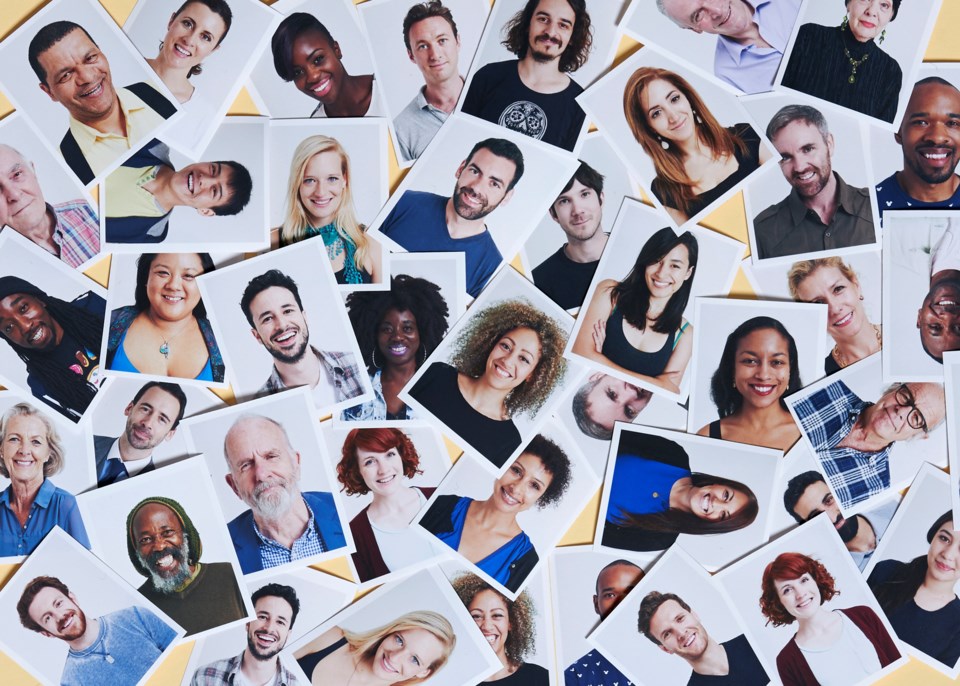If we keep seeing the same stories about a group of people, we develop a default position toward them. If we only see stories about wars and crises in Africa, for example, we will never view the people there as anything other than helpless.
Our point of view is then so restricted that we do not recognize the varied and beautiful human experiences people in the many countries that make up Africa live or the infrastructure that is succeeding.
Having a single story of someone doesn’t only affect your view of them but it also affects their experience in the world.
We need to recognize our biases to diversify our views rather than continuing to view entire communities of people as one-dimensional characters.
Only those people can truly tell their stories. Not only do we need to tell diverse stories, but we also need diverse storytellers.
Just because the story we see tells us one thing about a person, doesn’t mean it’s the same for the whole. I find that this can be compared to the same way I have seen some students and teachers behave in the classroom. When speaking about a specific place, topic, or issue, we turn to the visible minority student that fits our stereotype of those people and expect them to be able to speak for a whole community.
The majority is represented well in the media, those who are less privileged do not get their stories told and therefore are not seen as part of the fabric of society. It is our multiple stories that make us who we are.
People with disabilities are easily minimized to their disability, but they are made up of memories and experiences just as everyone else is. It is not one trait or factor that defines anyone. Individuals are made up of their loves, losses, hopes, and everything else that makes us human. When only one part of a person is represented, we cannot accurately define the whole.
We rob people of their dignity when we stereotype them, minimizing them to a single story we create for them, we minimize their worth. Having a single view of someone makes recognizing our equal humanity difficult. It emphasizes how we are different rather than how we are similar.
The single-story can get people killed, it can hurt people, and it can be systemic, which makes it even harder to recognize. In cases of racism, vicious stereotypes depicting races as violent invokes fear in others and incites conflict where there is none. In cases like George Floyd and Daunte Wright and so many more, they become a subject of violence to those who couldn’t view them as people with complex stories of their own. The small everyday stereotypes add up to extremely narrow views that dehumanize groups. People get stereotyped every day, we can change that by recognizing that we are all complex people and being willing to diversify our views and experiences of those who live alongside us.
Emily Rice is a Grade 12 student at Howe Sound Secondary and currently a student intern at The 麻豆社国产.



